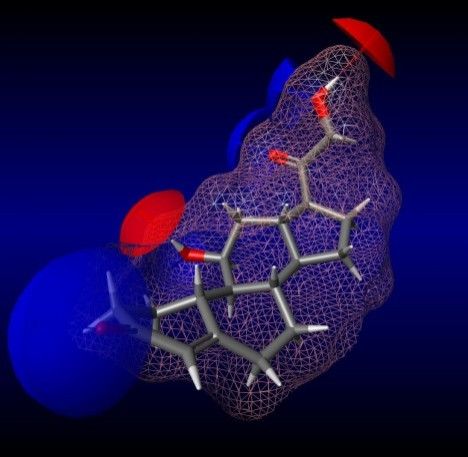Socially Defeated Males Pass on Biological Stress to Offspring: Study

Scientists have long known that parents heavily influence their offspring, including their levels of and vulnerability to stress.
Now, a new study has found that socially defeated males pass on stress to their offspring on a biological level, especially to male offspring. Specifically, they pass on their stress through their behavior in addition to their genetics.
The new study from the Mount Sinai School of Medicine, titled Paternal Transmission of Stress-induced Pathologies, appeared in Biological Psychiatry.
To separate behavioral and genetic influences, researchers bred offspring of male mice exposed to chronic social defeat stress through natural reproduction (which exposes the offspring to behavioral influences of the father) and via in vitro fertilization (which shields the offspring from behavioral influence of the father).
For the in vitro fertilization offspring of defeated male mice, the scientists detected increased measures of several depression- and anxiety-like behaviors - including increased baseline plasma levels of corticosterone and decreased levels of vascular endothelial growth factor - when compared to offspring of nondefeated male mice.
Most of these biological stress discrepancies between defeated and nondefeated offspring, however, were not observed in the offspring formed through vitro fertilization.
So how exactly do socially defeated males pass on stress for their offspring, if not through genetics?
David Dietz of Mount Sinai, who participated in the study, speculated:
Precopulatory, copulatory, or postcopulatory behavior of defeated male might cause increased female stress perhaps via direct physical aggression/interaction, pheromonal signaling, or ultrasonic vocalization, which could conceivably indicate inferiority or a degree of unfitness.
© Copyright IBTimes 2024. All rights reserved.




















